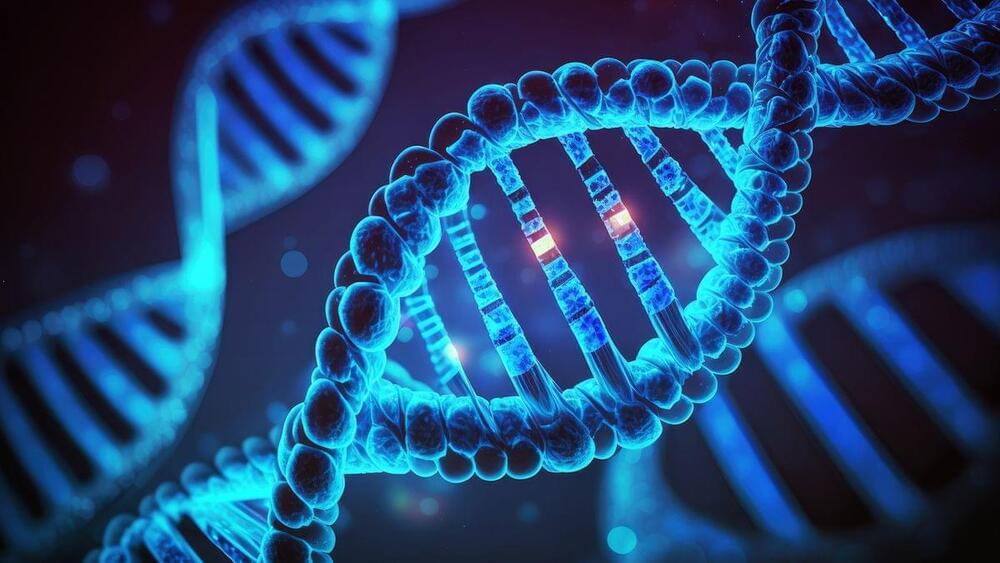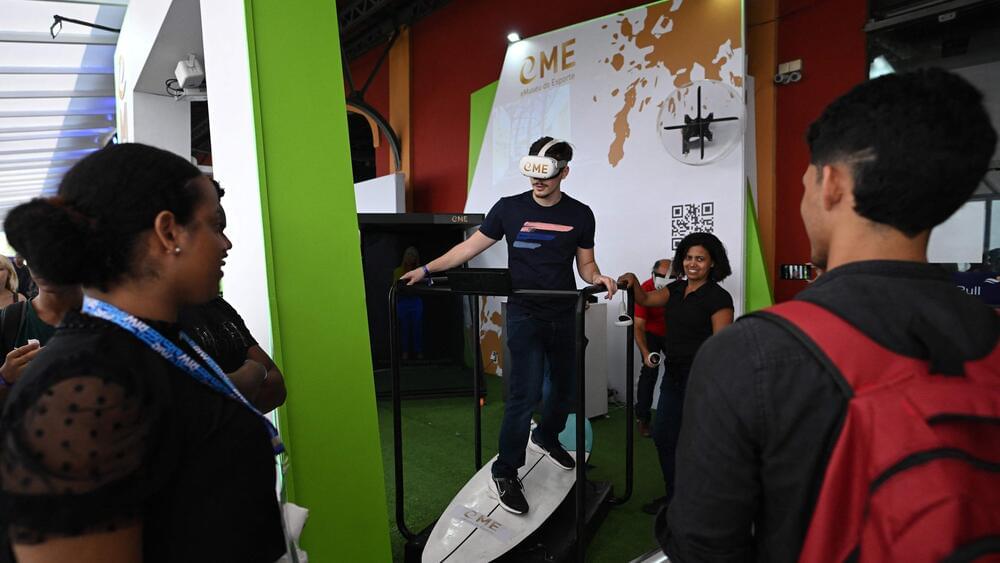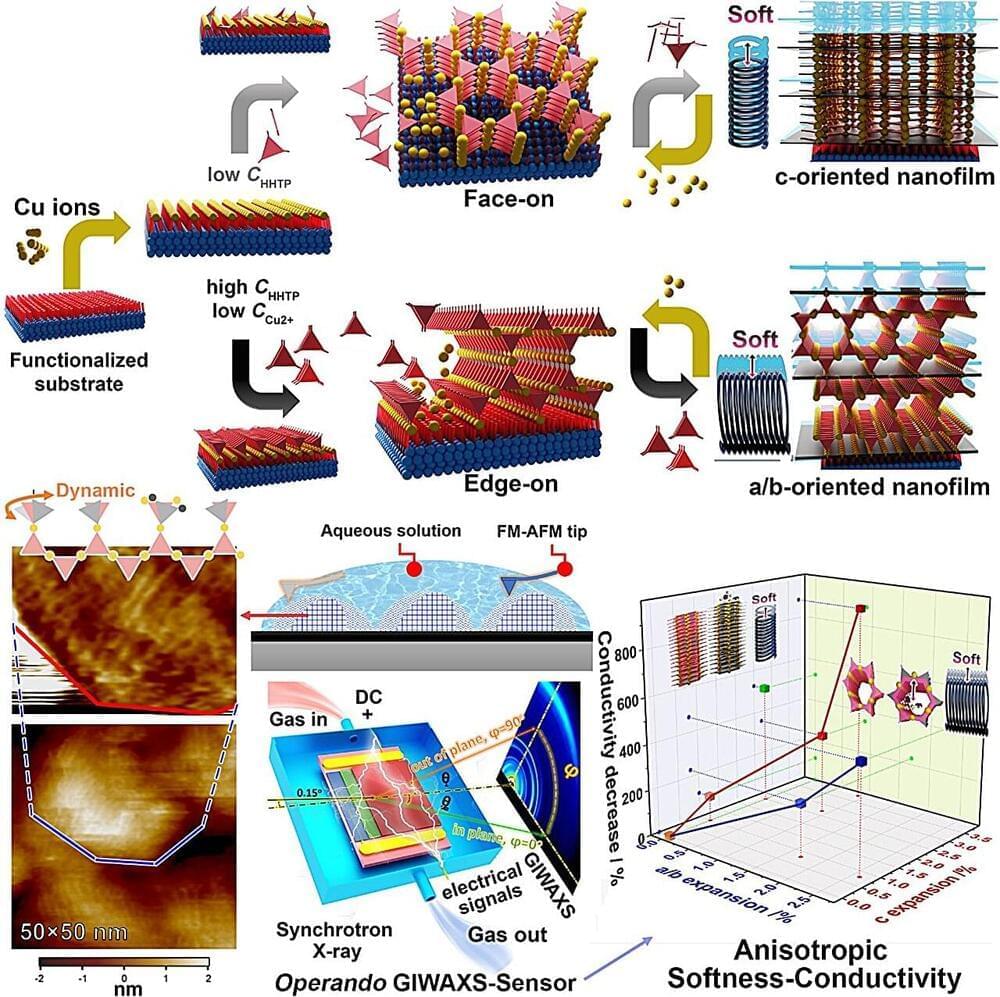Oct 11, 2023
New research offers a theory on how gold, platinum, and other precious metals found their way into Earth’s mantle
Posted by Dan Breeden in category: space
Scientists at Yale and the Southwest Research Institute (SRI) say they’ve hit the jackpot with some valuable new information about the story of gold.
It’s a story that begins with violent collisions of large objects in space, continues in a half-melted region of Earth’s mantle, and ends with precious metals finding an unlikely resting spot much closer to the planet’s surface than scientists would have predicted.
Jun Korenaga, a professor of Earth and planetary sciences in Yale’s Faculty of Arts and Sciences, and Simone Marchi, a researcher at SRI in Boulder, Colorado, provide details in a study in the journal Proceedings of the National Academy of Sciences.


















